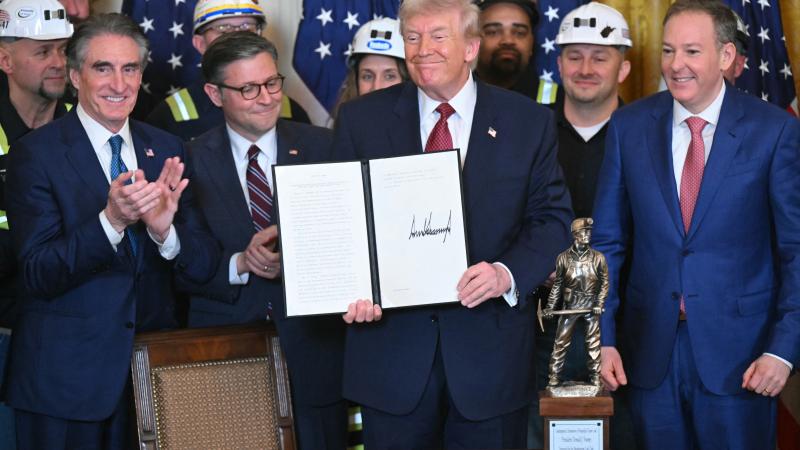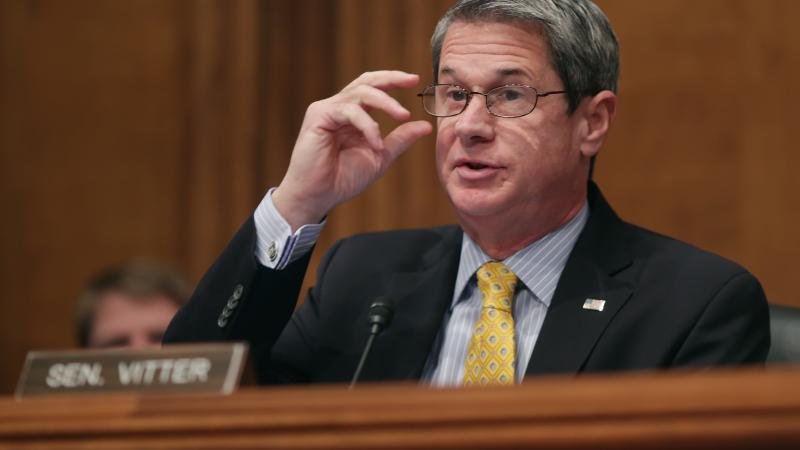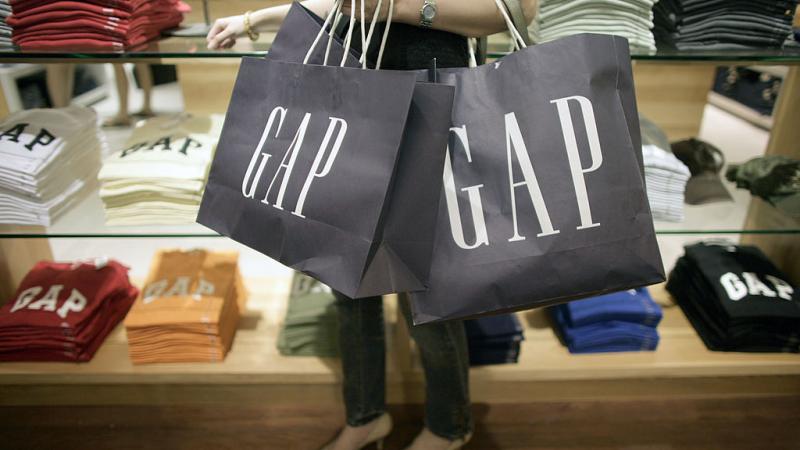LG to invest $5.5 billion on new battery facility in Arizona
Facility will have one facility for cylindrical batteries for electric vehicles and another for lithium iron phosphate pouch-type batteries.
Another technology manufacturing company is deciding to make its mark in Arizona.
LG Energy Solution will be investing $5.5 billion to start battery plants in Queen Creek, a town on the southeast outskirts of the Phoenix Metropolitan area.
According to the Arizona Commerce Authority, the “complex” will have one facility for “cylindrical batteries for electric vehicles” and another for” lithium iron phosphate (LFP) pouch-type batteries.” The agency’s statement said that the investment would lead to “thousands” of new jobs created.
“Our decision to invest in Arizona demonstrates our strategic initiative to continue expanding our global production network, which is already the largest in the world, to further advance our innovative and top-quality products in scale and with speed,” Youngsoo Kwon, CEO of LG Energy Solution, said in a statement. “We believe it’s the right move at the right time in order to empower clean energy transition in the U.S.”
Arizona Commerce Authority President and CEO Sandra Watson noted how LG Energy Solution originally planned to only invest $1.4 billion but then decided to increase the amount.
“We couldn’t be more excited that LGES has chosen to expand their initial investment four-fold with plans to construct another high-tech manufacturing facility,” Watson said.
Other battery companies like Ecobat and American Battery Factory have recently made significant investments across the state, the agency noted, but the chip manufacturing industry has also taken advantage of Arizona’s economic environment as well.
Most notably, Taiwan Semiconductor Manufacturing Company Limited upped their investment to $40 billion by announcing the plans to build a second facility in the Valley.
As the United States continues to compete with China in the chip and battery sectors, Arizona plays a key role in keeping the U.S. up to par.















